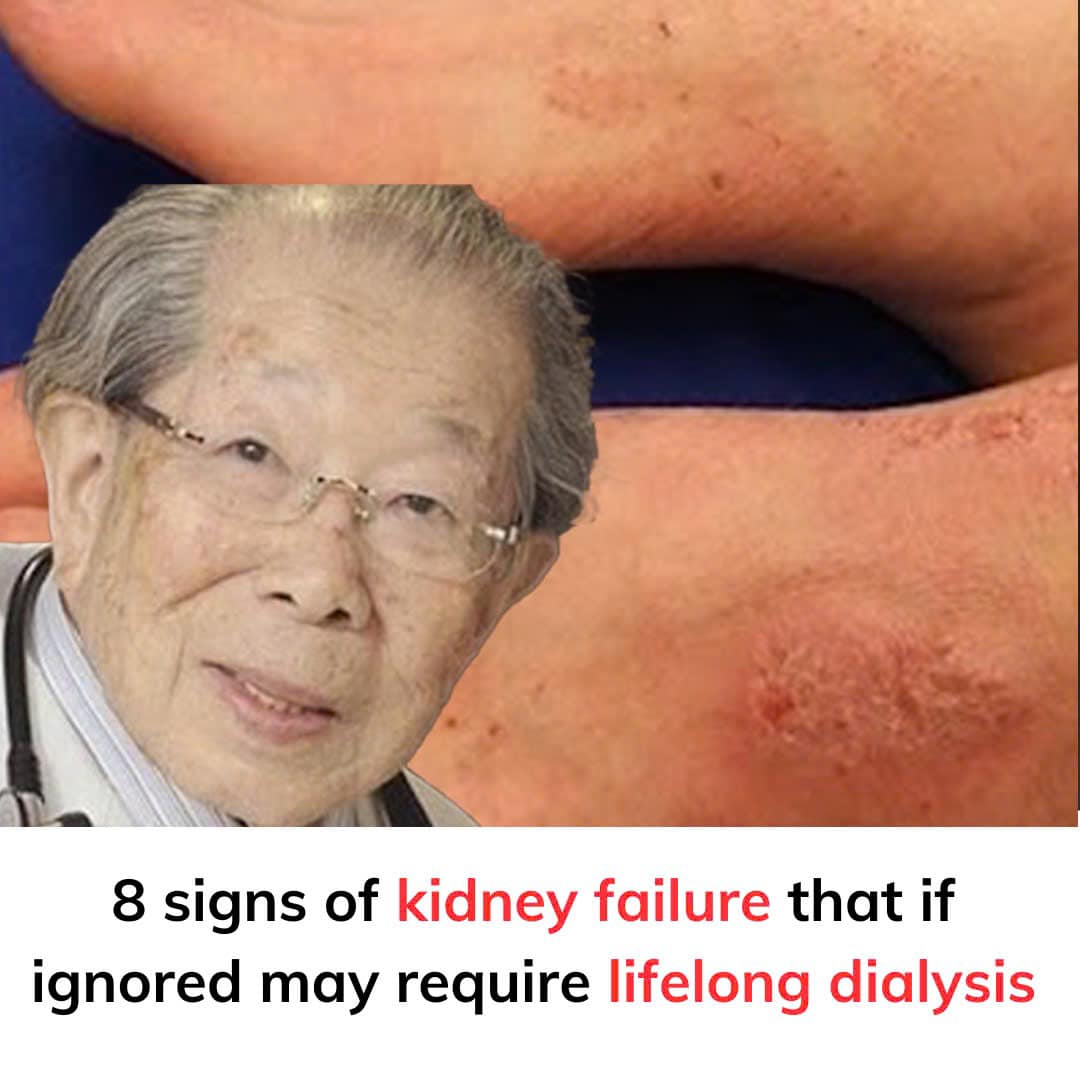
Kidney failure, also known as end-stage renal disease (ESRD), occurs when your kidneys can no longer effectively filter waste and excess fluids from your blood. Recognizing the early signs is crucial to prevent the progression to a stage where lifelong dialysis or a kidney transplant becomes necessary. Here are eight warning signs to watch for:
1. Changes in Urination Patterns
Alterations in urination are often among the earliest indicators of kidney issues. Be alert for:
- Increased frequency: Especially noticeable at night (nocturia).
- Decreased output: Producing less urine than usual.
- Foamy or bubbly urine: Indicating the presence of proteins.
- Blood in urine: A red flag that requires immediate attention.
These changes suggest that your kidneys’ filtering units may be compromised.
2. Swelling in Ankles, Feet, or Hands
When kidneys lose their filtering ability, sodium retention leads to fluid buildup, causing swelling (edema) in the lower extremities and sometimes in the hands and face. This swelling can also result from other conditions, but persistent edema warrants a medical evaluation.
3. Fatigue and Weakness
A decline in kidney function can lead to a buildup of toxins and impurities in the blood, causing individuals to feel tired, weak, and have difficulty concentrating. Additionally, kidney disease can cause anemia, which further contributes to fatigue and weakness.
4. Shortness of Breath
Kidney failure can lead to fluid buildup in the lungs, causing shortness of breath. Additionally, anemia associated with kidney disease can leave your body oxygen-starved, leading to this symptom.
5. Persistent Itching
A buildup of waste products in your blood can cause severe itching, particularly in the later stages of kidney disease. This is due to the accumulation of toxins that the kidneys can no longer eliminate effectively.
6. Metallic Taste in Mouth and Ammonia Breath
Accumulation of waste in the blood (uremia) can cause bad breath and a metallic taste in the mouth. This can lead to a decreased appetite and weight loss.
7. Nausea and Vomiting
The buildup of waste products in your blood can also cause nausea and vomiting, leading to a loss of appetite and subsequent weight loss.
8. Muscle Cramps
Electrolyte imbalances, such as low calcium levels and poorly controlled phosphorus, can contribute to muscle cramping in kidney disease.
Conclusion
Early detection of kidney disease is vital to prevent progression to kidney failure. If you experience any of these symptoms, it’s essential to consult a healthcare professional promptly. Regular check-ups and monitoring can help maintain kidney health and reduce the risk of requiring lifelong dialysis.





